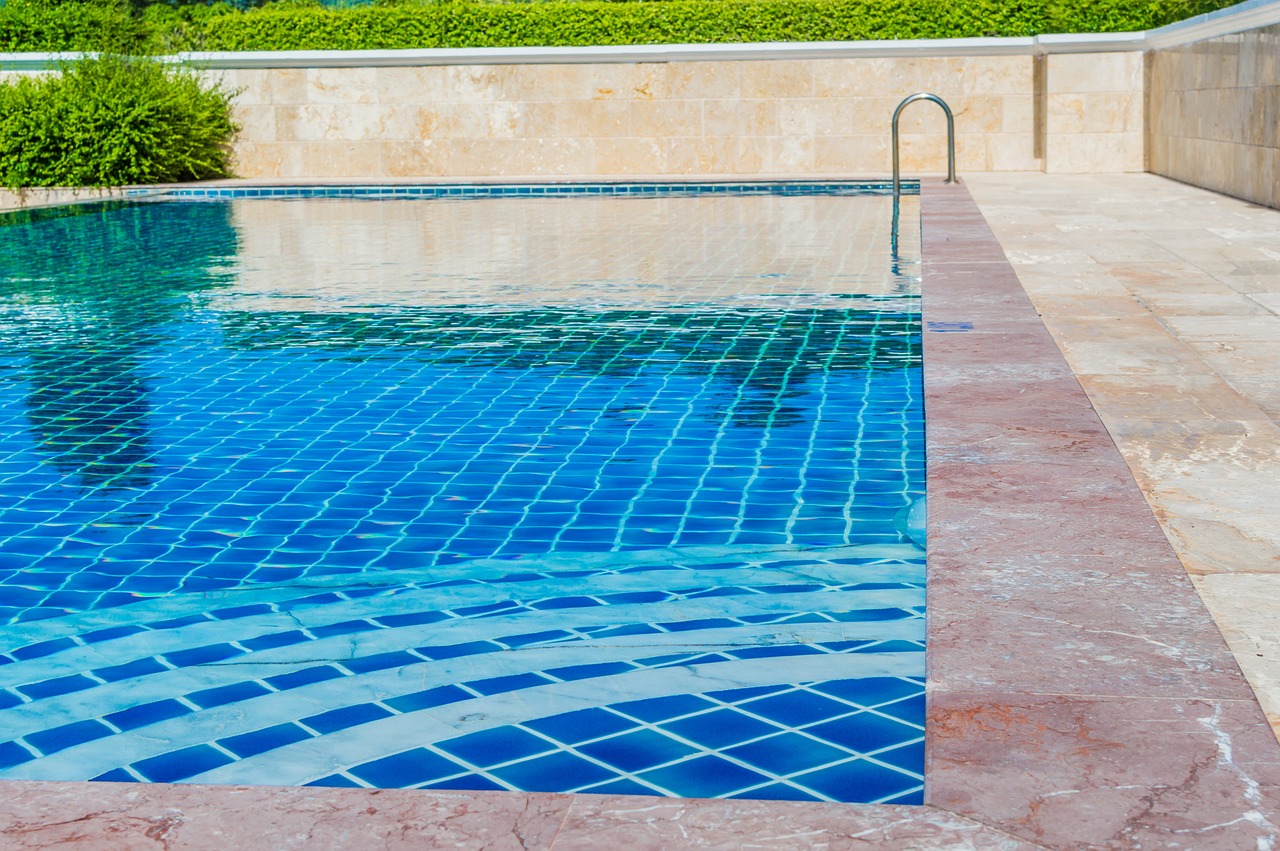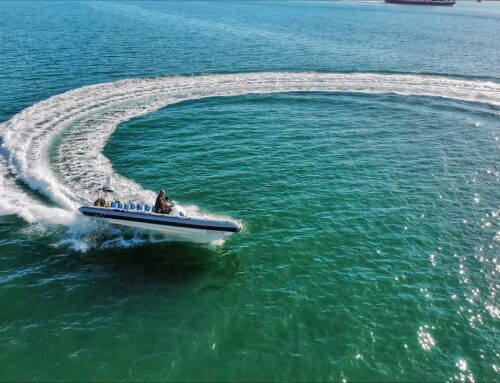When the temperatures soar as they have in the last few weeks, having an inground pool in your backyard can be a godsend. But having this luxury on your property can also pose certain safety risks, especially for children, the elderly, and anyone with mobility issues. In this article, we will discuss the safety measures you can take to prevent injury in and around your pool. We will also discuss the concept of “attractive nuisance,” which is a relevant legal doctrine all pool owners should know about.
Here are four of the most common safety features to incorporate when building an inground pool in your Florida home.
Pool Features to Prevent Injury
- Fencing/Barriers: Although listed as a “feature,” barriers around an inground pool are required by Florida statute. By law, the barrier must be at least 4 feet high on the outside and not exhibit any gaps, openings, indentations, protrusions, or structural components that could allow a young child to crawl under, squeeze through, or climb over the barrier. The barrier must be placed around the perimeter of the pool and must be separate from any fence, wall, or other enclosure surrounding the yard. Fencing should not have any handholds or footholds that can encourage children to try to enter the pool area unsupervised.
- Lighting: Adequate lighting covering the pool area can help minimize the risk of accidents and injury. In addition to facilitating personal vision, the lighting will allow those supervising children to achieve improved visibility. Homeowners may wish to install bright outdoor lights both inside and outside of the fenced area for ultimate safety.
- Pool Alarms: Pool alarms are another must-have safety feature for all Florida pool owners, especially those with small children or pets. The devices monitor for splashing, movement in the water, or entering and exiting the pool area and alert the homeowner if anything unexpected occurs. While not a complete guarantee of safety against injury, alarms can offer peace of mind and potentially save lives. Florida homes should also be equipped with alarms on all doors and windows leading to the pool area – while not a loud siren, they can sound off with a distinct beeping whenever a door is opened.
- Backyard Fence: In addition to fencing immediately surrounding the pool, an essential privacy and safety feature to integrate into your backyard design is a fence. The fence should surround the entire backyard and be at least four feet high in order to prevent people from accessing your pool without permission. This is especially important if there are children in the neighborhood, as pools are considered an “attractive nuisance” by law.
What is an Attractive Nuisance?
The attractive nuisance doctrine comes into play when property owners create or maintain conditions that attract children to their property – and then do not take measures to guarantee their safety. An attractive nuisance is tempting for children – often a swingset or swimming pool – and therefore, owners must take reasonable care to protect them. Under premises liability law, visitors to a property fall into three categories:
- Invitees are invited to the property for the owner’s benefit (customers or clients)
- Licensees are invited onto the property for the mutual benefit of the invitee and property owner (neighbors, friends, and family)
- Trespassers access the property uninvited
Trespassers are entitled to the least protection under the law, except for trespassing children lured in by an attractive nuisance. Children don’t always understand that they are trespassers and, by law, are considered invitees. Property owners are required to take reasonable precautions to ensure their safety. If they do not, they can be held liable if a child sustains an injury.
Call an Injury Attorney
Probinsky & Cole is a personal injury law firm with offices in Orlando, Tampa and Sarasota.








